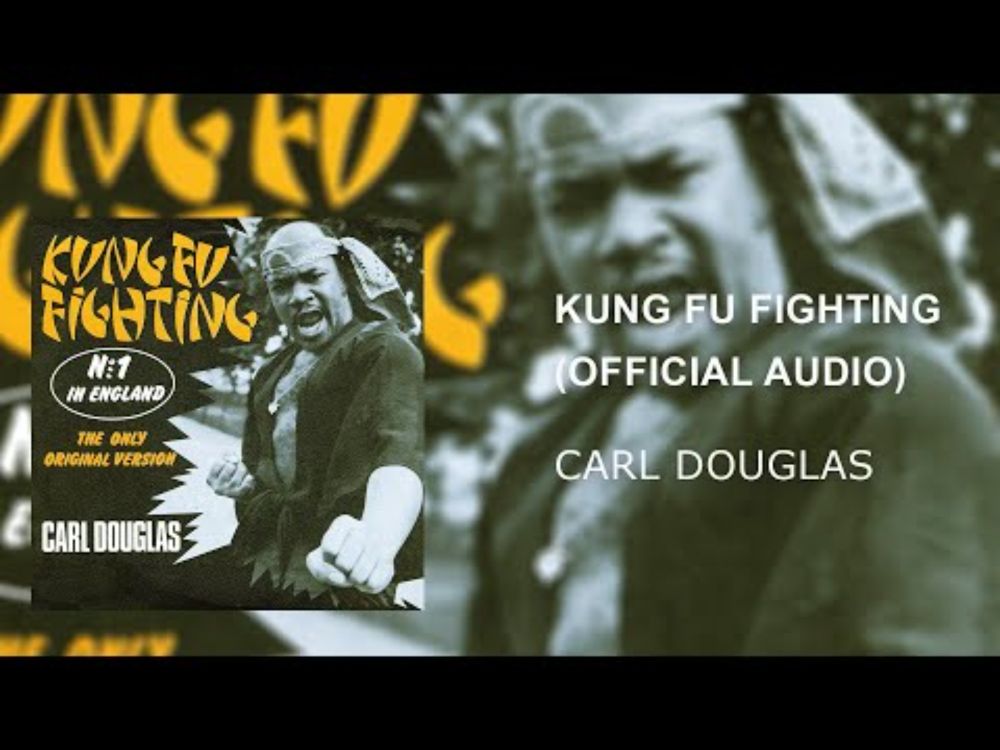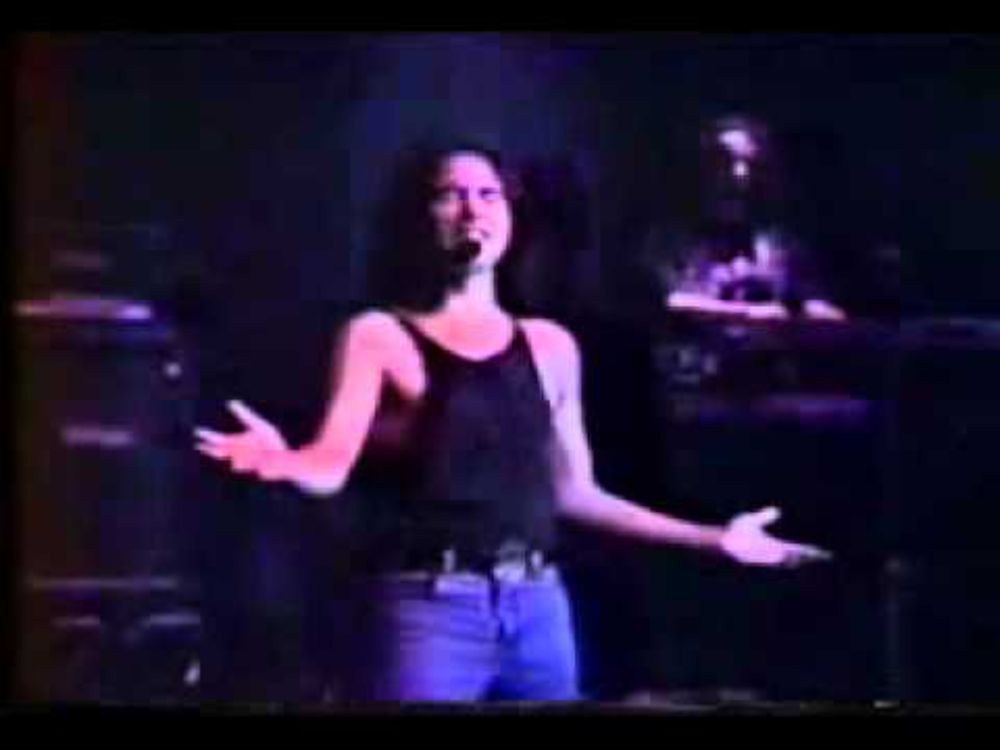NEW 📀 Louie Louie - The Kingsmen {DES Stereo} 1963
1963-64......#2 U.S. Billboard Hot 100, #1 U.S. Cash Box Top 100, #1 Canada This DES stereo video has been abridged to support the hard work of its creators. Without sales of the CD on which this first-time DES song appears there can be no more new stereo like this based on mono originals. Please visit www.ericrecords.com to order and express your support! To find out more about spectral editing and sound source separation, go to http://www.monotostereo.info/ "Louie Louie" is a rhythm and blues song written and composed by American musician Richard Berry in 1955, recorded in 1956, and released in 1957. It is best known for the 1963 hit version by the Kingsmen and has become a standard in pop and rock. The song is based on the tune "El Loco Cha Cha" popularized by bandleader René Touzet and is an example of Afro-Cuban influence on American popular music. "Louie Louie" tells, in simple verse–chorus form, the first-person story of a Jamaican sailor returning to the island to see his lover. A significant error on the Kingsmen version occurs just after the lead guitar break. As the group was going by the Wailers version, which has a brief restatement of the riff twice over before the lead vocalist comes back in, it would be expected that Ely would do the same. Ely, however, missed his mark, coming in two bars too soon, before the restatement of the riff. He realized his mistake and stopped the verse short, but the band did not realize that he had done so. As a quick fix, drummer Lynn Easton covered the pause with a drum fill. The error "imbued the Kingsmen recording with a touching humility and humanity" and is now so well known that multiple versions by other groups duplicate it. First released in May 1963, the single was initially issued by the small Jerden label, before being picked up by the larger Wand Records in October 1963. Herb Alpert and A&M Records passed on the distribution opportunity, deeming it "too long" and "out of tune". Sales of the Kingsmen record were initially so low (reportedly 600) that the group considered disbanding. Things changed when Boston's biggest DJ, Arnie Ginsburg, was given the record by a pitchman. Amused by its slapdash sound, he played it on his program as "The Worst Record of the Week". Despite the slam, listener response was swift and positive. By the end of October, it was listed in Billboard as a regional breakout and a "bubbling under" entry for the national chart. Meanwhile, the Raiders version, with far stronger promotion, was becoming a hit in California and was also listed as "bubbling under" one week after the Kingsmen debuted on the chart. For a few weeks, the two singles appeared destined to battle each other, but demand for the Kingsmen single, backed by national promotion from Wand, acquired momentum and by the end of 1963, Columbia Records had stopped promoting the Raiders version. It entered the top ten on the Billboard Hot 100 chart for December 7, and peaked at No. 2 the following week, a spot which it held for six non-consecutive weeks; it would remain in the top 10 throughout December 1963 and January 1964 before dropping off in early February. In total, the Kingsmen's version spent 16 weeks on the Hot 100, selling a million copies by April 1964. "Dominique" by the Singing Nun and "There! I've Said It Again" by Bobby Vinton prevented the single from reaching No. 1 (although Marsh asserts that it "far outsold" the other records, but was denied Billboard's top spot due to lack of "proper decorum".) "Louie Louie" did reach No. 1 on the Cash Box and Music Vendor/Record World pop charts, as well as No. 1 on the Cash Box R&B chart. It was the last No. 1 on Cash Box before Beatlemania hit the United States with "I Want to Hold Your Hand". The Kingsmen version quickly became a standard at teen parties in the U.S. during the 1960s and, reaching No. 26 on the UK Singles Chart, was the preferred tune for a popular British dance called "The Shake". The first album, The Kingsmen In Person, peaked at No. 20 in 1964 and remained on the charts for over two years (131 weeks total) until 1966. Due to the lyrics controversy and supported by the band's heavy touring schedule, the single continued to sell throughout 1965 and briefly reappeared on the charts in 1966, reaching No. 65 in Cash Box, No. 76 in Record World, No. 97 in Billboard and cracking the Top 40 in the Washington market. Total sales estimates for the single range from 10 million to over 12 million with cover versions accounting for another 300 million. In July 2023, the British Phonographic Industry (BPI) certified the song silver for sales and streaming figures exceeding 200,000 units.
Top Bluesky Posts
#MusicaPerVecchi youtu.be/CfRZNNyQoF0?...
#currentlylistening to youtu.be/CfRZNNyQoF0?...





